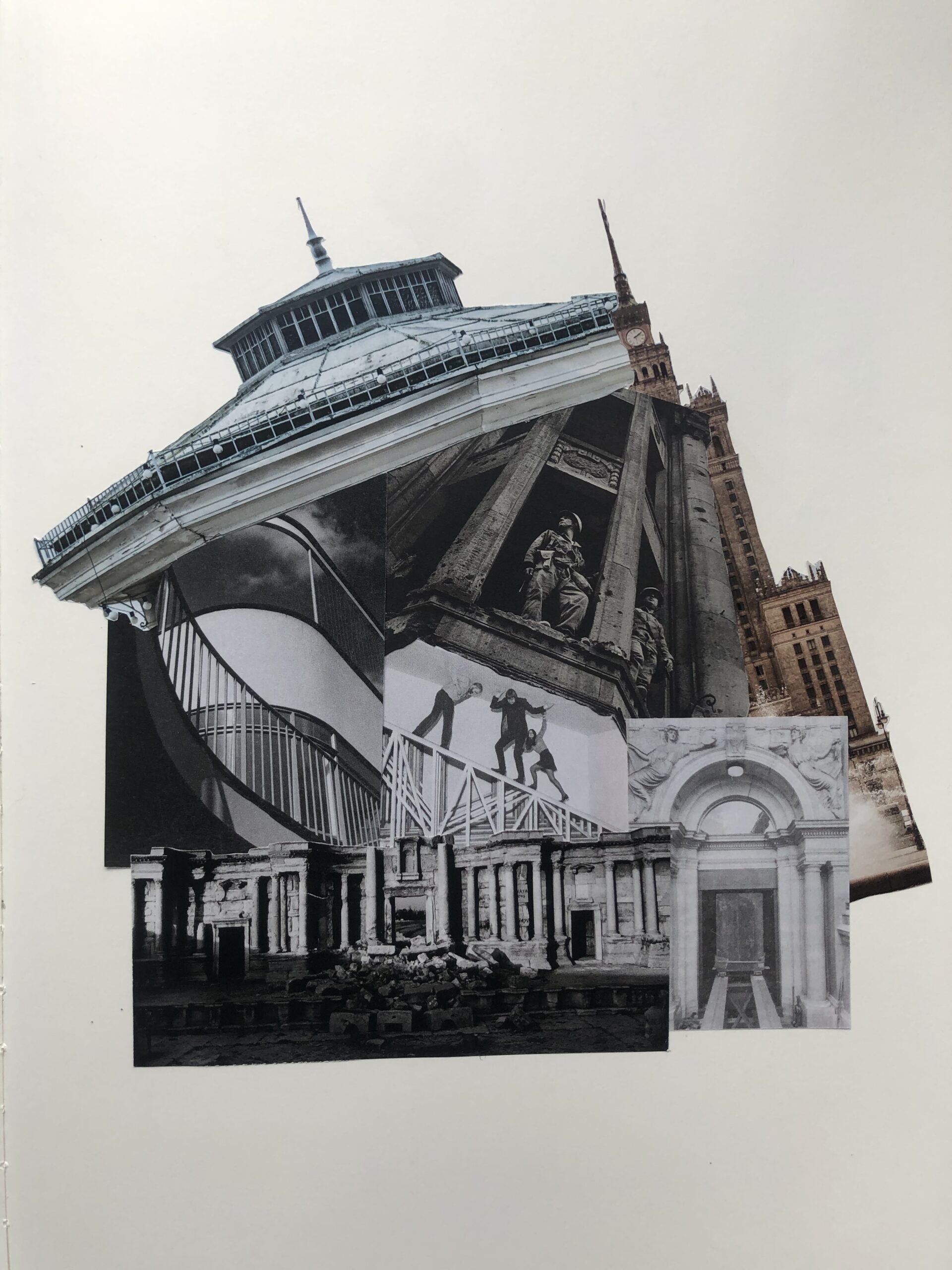I had heard about War Doctor (⭐️⭐️⭐️⭐️) David Nott before, but I didn’t plan to read it until later. But when I saw it downstairs, above mailboxes where residents in our building exchange books, I grabbed it and read it immediately. It is not the first memoir written by a doctor I have enjoyed. This is Going to Hurt (⭐️⭐️⭐️⭐️⭐️) by Adam Kay, Do No Harm (⭐️⭐️⭐️⭐️⭐️) by Henry Marsh, and Unnatural Causes (⭐️⭐️⭐️⭐️⭐️) by Dr Richard Shepherd are as unsettling as they are fascinating, and Davit Nott’s book proves to be not unlike the rest of them. The next one from the genre on my list is Your Life In My Hands by Rachel Clarke.
For the last 25 years, Nott has travelled to some of the most dangerous places in the world to operate on injured and train fellow doctors in some of the most dangerous places around the world. And if you ever wondered why anyone sane would do that, Nott explains it as the combination of altruism and pure selfishness. Living his own life closer to the edge and saving lives was something that drove him for most of his career as a surgeon.
A world where I could use my skills to change the outcomes of people’s lives for the better – but also one in which I could experience the sheer thrill of being plunged into a situation most people can’t begin to imagine. The endorphin rush of hearing and feeling bullets and missiles whizz overhead was like nothing I’d encountered before, and everyday life seemed humdrum by comparison.
David Nott tells several blood-curdling stories from his humanitarian missions to conflict and disaster zones of Sarajevo, Afghanistan, Libya, Iraq, Haiti, Syria and Gaza. All of them are heartbreaking but, at the same time, illustrate why he continues to do such extraordinarily dangerous work.
He compares his feelings to those expressed by some war journalists like Jeremy Bowen and Anthony Loyd, reflected in their memoirs. I thought about Kapuściński or Marie Colvin (killed in Syria in 2012) and the war photographer Don McCullin, whose exhibition I visited last year in Tate Britain. All of them had the urge to do some good weather by saving lives or telling the world about the atrocities they witnessed. Despite the dangers, each time they embarked on a trip, they more likely would come back dead than alive; helping others in their time of need was their priority.
This is an extremely powerful book, which shows levels of empathy and barbarity that are hard to imagine. Reading it during the pandemic has changed my perspective and made me feel like a privileged brat, no longer thinking about the lockdown as a prison but more as a safe house.
